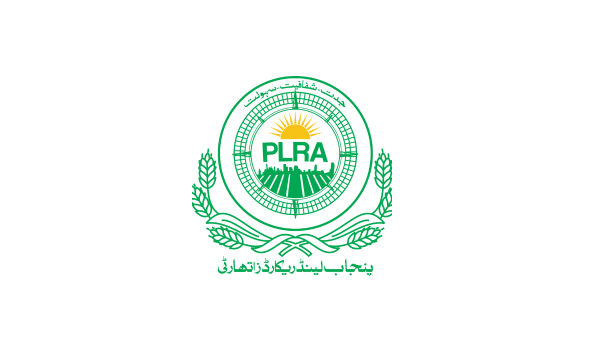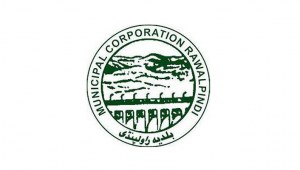Islamabad: The World Bank (WB) has emphasized the need for comprehensive tax reforms to drive economic growth in Pakistan, identifying under-taxation as a significant contributor to the country’s economic challenges. In its latest South Asia Development Update titled ‘Taxing Times,’ released on Wednesday, the World Bank outlined key structural issues that hinder Pakistan’s revenue generation capabilities and economic stability.
The report highlights that multiple economic shocks over the past decade have left South Asian countries, including Pakistan, with limited capacity to withstand global economic pressures. WB Vice President for South Asia, Martin Raiser, noted that while South Asian nations, including Pakistan, have made strides in their economic development, these efforts are being undermined by ineffective tax structures and under-taxed sectors.
Read: World Bank reaffirms support for Pakistan’s economic reforms
In particular, the World Bank pointed out that Pakistan’s low tax buoyancy has resulted in economic growth that is disproportionately driven by sectors that are either under-taxed or face low taxation rates. The agriculture sector, which contributed nearly one-fifth of Pakistan’s cumulative growth from 2010 to 2019, continues to face significantly lower income tax rates compared to non-agricultural sectors. This is in stark contrast to emerging markets and developing economies (EMDEs), where agriculture contributes a much smaller share of growth, with a higher tax burden on the sector.
The report urges Pakistan to prioritize increasing taxation on agriculture to improve revenue mobilization and to tackle the widespread informality in the economy. The World Bank also called for addressing the structural issues that contribute to the revenue shortfall, such as excessive exemptions and weak tax administration. These issues have led to Pakistan’s tax revenue shortfall, which is exacerbated by a large agricultural sector and limited financial development.
Read: World Bank pledges USD 2b for flood recovery projects
The World Bank’s report also delves into the broader macroeconomic outlook for Pakistan. Despite facing challenges such as inflation and external shocks, the report states that Pakistan is gradually recovering. Inflation has slowed more than anticipated, creating room for potential monetary easing, and a surge in imports of capital goods, along with increased private sector activity, has fostered optimism. Bank lending to the private sector has also risen, providing support for economic recovery.
Looking ahead, the World Bank projects that Pakistan’s economy will grow by 2.7 percent in FY2024-25 and 3.1 percent in FY2025-26, as long as necessary reforms, including tax revenue increases, are implemented. The Pakistani government has committed to raising tax revenues by 4-5 percentage points of GDP as part of its broader economic reform agenda. Other reforms, such as restructuring the energy sector and maintaining a flexible exchange rate, are also key components of the government’s plan.
The report further notes that Pakistan is not alone in facing such challenges. Other South Asian countries like Bangladesh, Sri Lanka, and Nepal are also pursuing tax and financial sector reforms to bolster economic resilience and growth. In comparison to other emerging markets, countries like Afghanistan, Bangladesh, Pakistan, and Sri Lanka have seen significant shortfalls in direct tax revenue, with gaps in both personal and corporate income taxes.
Read: World Bank reaffirms support for Pakistan’s economic reforms
The World Bank’s report underscores that while the long-term impact of IMF-supported programmes on growth has been mixed, these programmes can provide crucial short-term protection against financial instability. The presence of IMF support has been seen as a stabilizing factor for countries with lower credit ratings.
As Pakistan continues to recover from a series of shocks, the World Bank stresses that focusing on tax reform will be essential for sustainable and inclusive economic growth.








